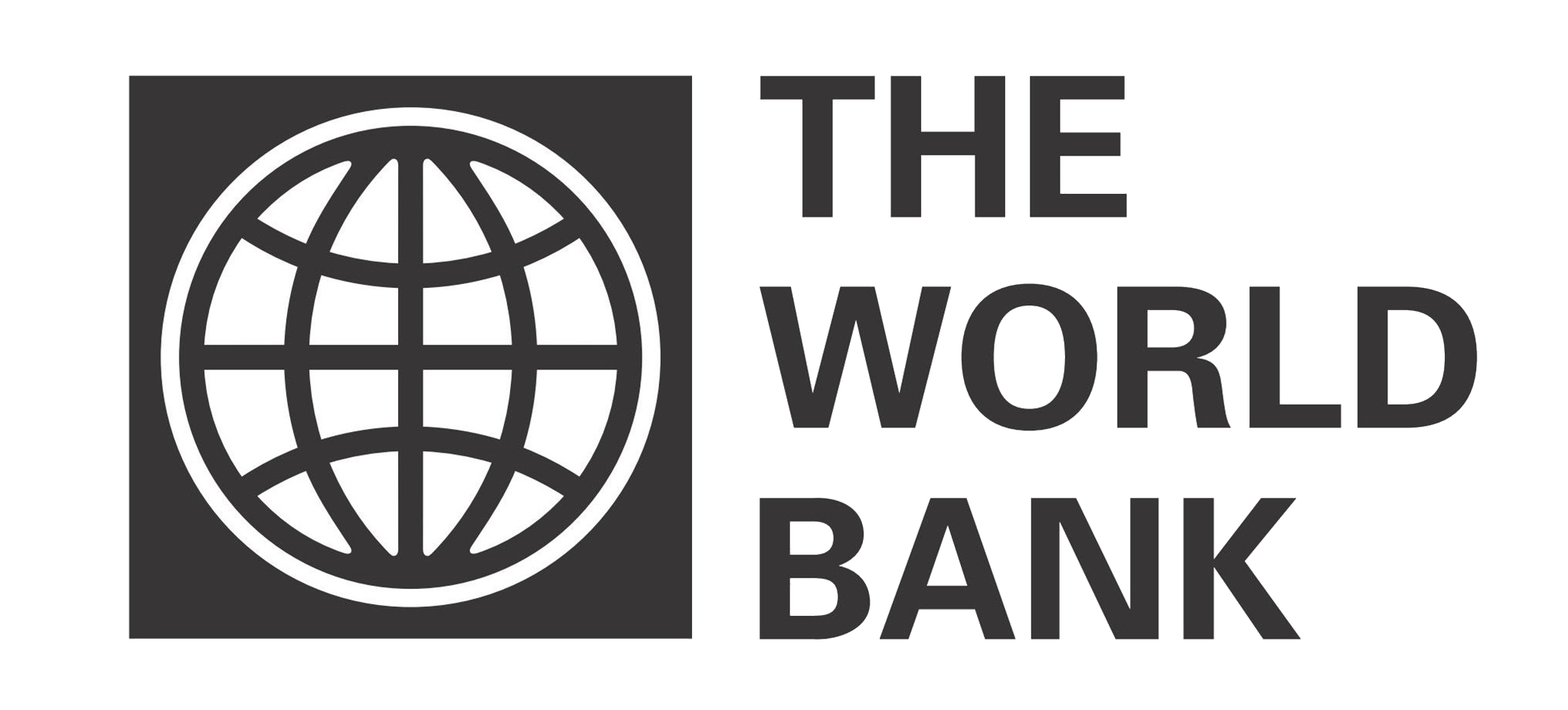 The World Bank has blamed Nigeria’s enduring foreign exchange instability on the fixed exchange regime in the official forex market.
The World Bank has blamed Nigeria’s enduring foreign exchange instability on the fixed exchange regime in the official forex market.
The financial institution in a report on African economies titled: ‘Africa’s Pulse’, singled out Nigeria and Angola as two countries yet to experience stability in the forex market despite rebound in the prices of commodities being exported.
While the two countries currencies remain fixed against the US dollar, the imbalance in the forex market remains substantial.
Both countries inflation keeps rising as a result of depreciation of currencies in the parallel exchange market.





